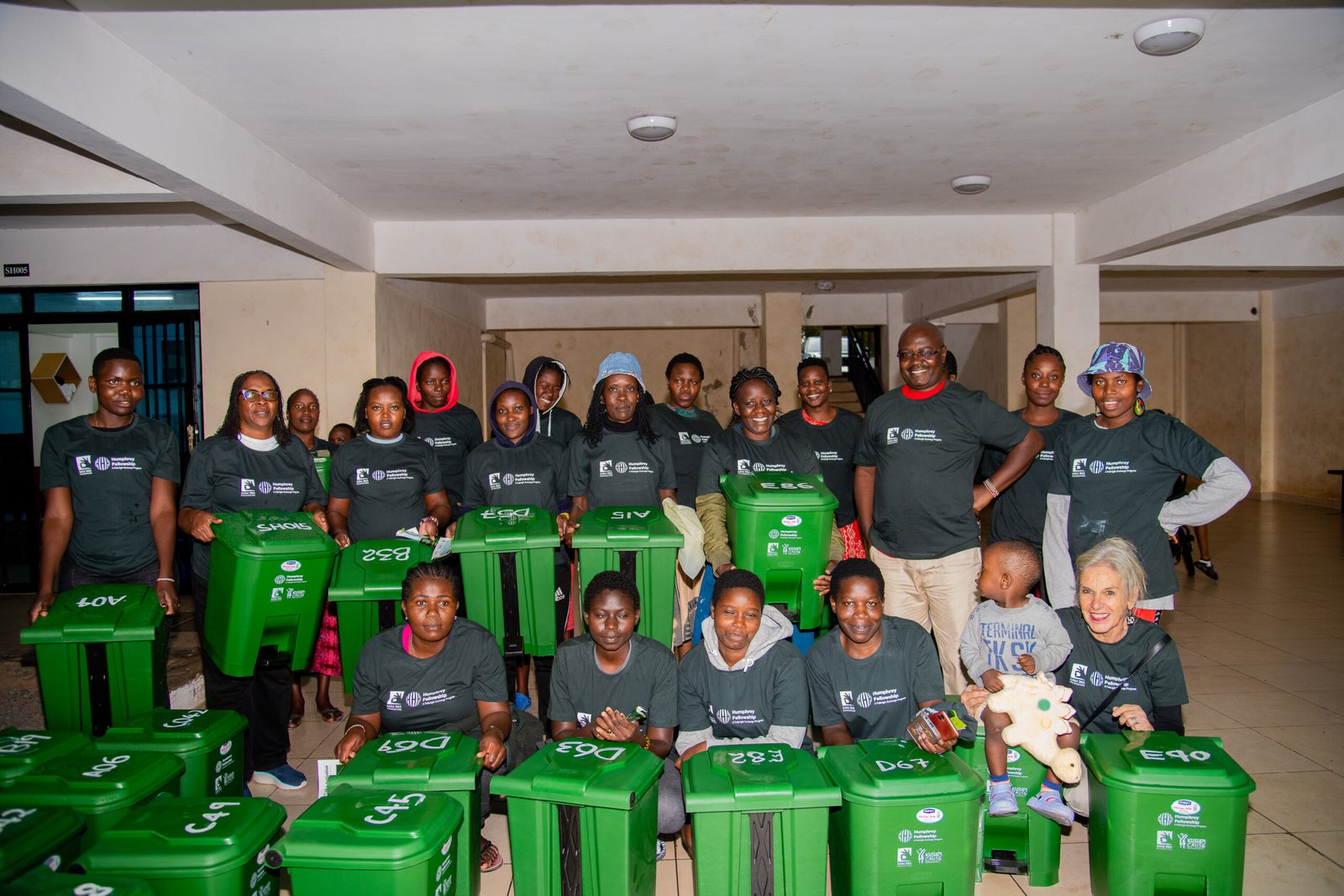Today, 16, November 2024, the National Housing Corporation (NHC) in Langata hosted an impactful event spearheaded by the Kataa Taka initiative, a project under Kusudi Cause Communication. The event aimed to educate and empower house managers and homeowners on the importance of waste segregation and its benefits to public health and the climate.
Globally, the world generates 2.01 billion tonnes of municipal solid waste annually, with at least 33% of that not managed in an environmentally safe manner. In Kenya, waste generation is relatively low compared to the global average, but 92% of the waste is mismanaged. Nairobi alone generates an estimated 4,000 tonnes of waste daily, with only about a third being collected and disposed of properly.
The initiative, partly funded by the Hubert Humphrey Fellowship Alumni Impact Award, which was awarded to Paul Udoto, provided a comprehensive program highlighting the significance of proper waste management. The event emphasised how segregating waste can lead to a cleaner environment, reduce health risks, and combat climate change.
Poor waste management poses several significant health risks. It can lead to respiratory diseases such as asthma and chronic bronchitis due to exposure to pollutants from landfills and open burning. Additionally, it attracts pests like rodents and insects, which can spread diseases such as cholera, dengue fever, and malaria. Communities near poorly managed waste sites are also at risk of exposure to hazardous substances, resulting in skin infections, reproductive issues, and cancers. Further, contaminated water and soil from waste leachate can cause gastrointestinal diseases and other health problems. Children are particularly vulnerable, facing long-term developmental and health issues due to these adverse effects. These risks underscore the importance of initiatives like Kataa Taka, which aim to improve waste management practices and promote public health.
To help ease this crisis, Kataa Taka distributed 100 bins and 2400 biodegradable bin liners to 80 households and 20 commercial hubs at the NHC Langata court to promote waste segregation at source. This initiative will run for a pilot period of three months, during which the participants will practice and promote adequate waste.

Paul Udoto, the award recipient, expressed his gratitude and excitement about the project. “This initiative is a crucial step towards creating sustainable communities. By educating and providing the necessary tools, we hope to inspire lasting change in waste management practices,” he said.
Meanwhile, at COP29 in Baku, Azerbaijan, waste management has taken centre stage for the first time. The conference has highlighted the critical role of waste management in mitigating climate change, mainly through reducing methane emissions. Methane, a potent greenhouse gas, is significantly produced by organic waste in landfills. The COP29 Declaration on Reducing Methane from Organic Waste aims to push for national climate policies that set concrete targets to reduce methane emissions from waste and food systems. The event at Langata was a resounding success, with attendees leaving more informed and motivated to contribute to a healthier and greener future.

